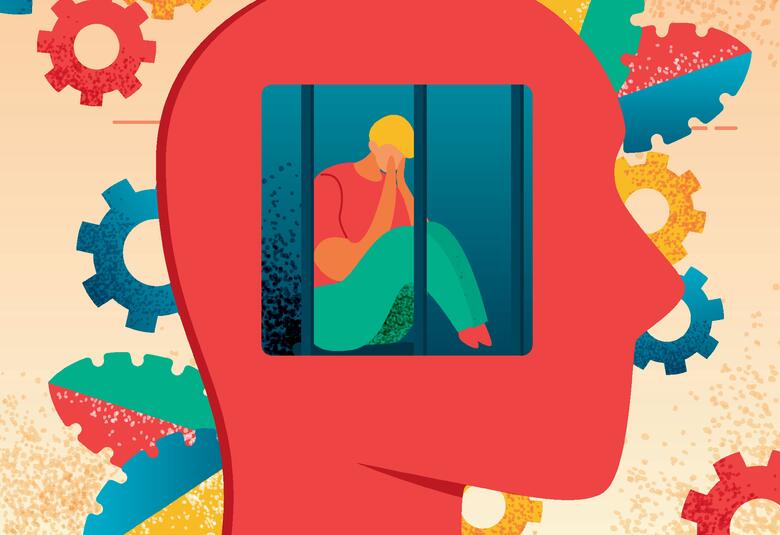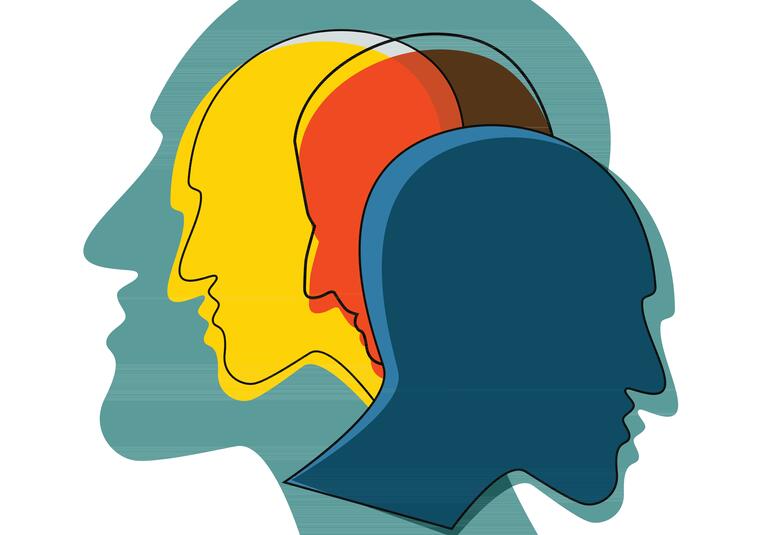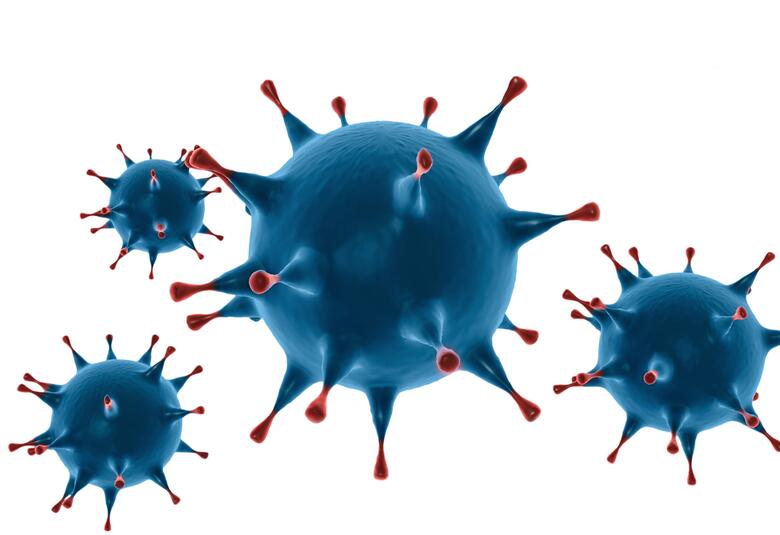Stigma means exclusion, and is the largest barrier preventing people from seeking mental healthcare, said the speakers at a motivational symposium on strategies to fight stigma at WCP 2019. Anti-stigma experts from Europe, Japan, and Canada shared and discussed their extensive experiences and knowledge of anti-stigma programs. #psychiatry #progressinmind #mentalhealth
Paradigms for developing an anti-stigma program
Eight paradigms have historically informed the development of programs to fight stigma explained one of the speakers, but these paradigms need revision to reflect current knowledge and experience as follows:
No person is “average”, it is important to find out from the individuals themselves what makes them feel stigmatized
- Use long-term developed plans — however, programs are best set up whenever the opportunity arises.
- Base work on scientific research — but no person is the “average” person in a research study, and it is also important to find out from the individuals themselves what makes them feel stigmatized.
- Program effectiveness should be measured by the change in attitudes to mental illness — but attitudes do not predict behavior; programs are successful if they change behavior.
- Improve knowledge about mental illness — but knowledge by itself may worsen stigma; instead education should focus on actions to manage mental illness and its symptoms.
- Place people with mental illness into their community — but communities are disappearing, and community care does not decrease stigma.
- Ensure the campaign is well focused — but also ensure it is not short-term because short campaigns have little impact and the lack of follow-up may discourage patients and carers.
- Build programs on the understanding that mental illness is like any other illness — but mental illnesses are very different to other diseases and from each other.
- Direct anti-stigma messages to the largest possible audience — but different populations have different information needs, so it is best to target information to the specific needs of the audience.
Education should focus on actions to manage mental illness and its symptoms
Resilience building and the Rework Program in Japan
The expert from Japan highlighted that Japanese programs aim to fight stigma by building resilience and supporting the individual in the workplace.
Resilience building supports returning to the workplace
Work leads to self-esteem, social independence and ability to raise a family, he said, and has been prioritized in Japan by the Rework Program. The Program aims to improve work readiness and to prevent relapse in employees who take sick leave through a variety of rehabilitative interventions.1,2
Of 21 patients who took part in the Program:
- 76% returned to work after the Program
- over 90% of those who returned to work did not take another sick leave during the 12-month follow-up2
The Rework Program patients had a significantly longer continuation of work than a “treatment as usual” group. In addition, improved Rework Assist Program Assessment Sheet score changes after the Program reflected improvements in cognition and behavior.2
The German Alliance for Mental Health
The German Alliance for Mental Health — the successor of the Open the Doors campaign initiated in 20013 — was described by the speaker from Germany. The Alliance of 110 German organizations and partners is a long-term nationwide anti-stigma initiative to promote mental health.
Successful anti-stigma awareness raising activities have included:
- an annual bicycle tour through Germany to increase awareness of depression
- a media project from 2012 to 2015 to promote non-stigmatizing reporting and writing by media professionals
- social media campaigns
- Mental Health Week
- Mental Health in the Workplace
- the Berlin Network for Suicide Prevention
- the 2019 Mental Health Awareness campaign introducing the “green ribbon” for mental health
Cooking Connections in Canada
A safe space to cook and eat together
The recently completed Cooking Connections proof-of-concept study in Canada created a safe space for people with mental illnesses to come together, cook and share a meal and take part in a 7-week “Overcoming Stigma” course. Feedback and outcomes have been positive and further studies are being set up in other sites.
Our correspondent’s highlights from the symposium are meant as a fair representation of the scientific content presented. The views and opinions expressed on this page do not necessarily reflect those of Lundbeck.




